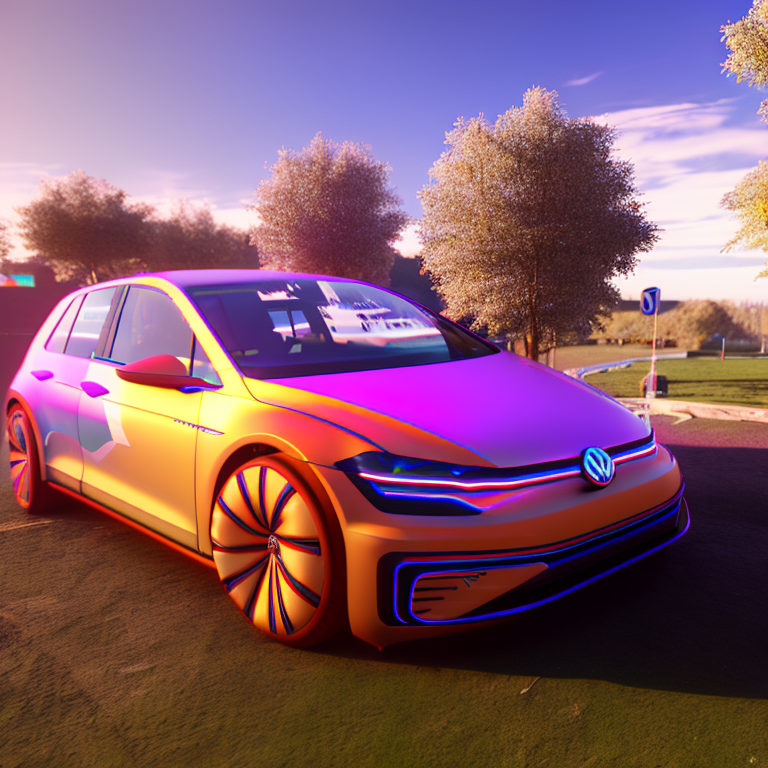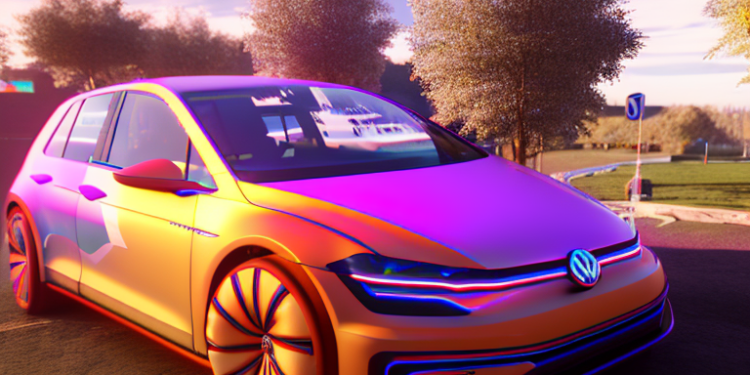

Volkswagen is determined to keep its iconic Golf brand alive in the electric vehicle (EV) era. After ending production of the e-Golf electric car in December 2020, VW announced plans to wind down Golf sales in North America, leading many to question if the automaker would leave the brand in the past. However, VW CEO of passenger cars, Thomas Shafer, was quick to shoot this down, claiming there was no way “we would let go of the Golf name.”
Shafer explained at the LA Auto Show that iconic models will carry a name, and that the ID 3 was not intended to replace the Golf, but rather be a “Golf Plus.” With VW’s eighth-generation Golf model set to retire in 2027 or 2028, an electric model is widely expected to replace it.
According to insider sources speaking with Autocar, Volkswagen has completely redesigned the ID 2, its smallest electric car, from the inside out with the proposed ID Golf naming. The sources claim “the true value of the Volkswagen Golf lies in a car the size of the ID 2.” VW recently brought back former Bentley and Audi designer Andreas Mindt to lead the automaker’s EV efforts, including a more conventional hatchback shape for the proposed ID Golf model.
The ID 2 (or ID Golf) will be lightweight (1600 to 1700kg) and is set to be offered with a single motor (FWD), while the MEB Plus platform would support a dual motor (4-wheel drive) model. Shafer giving the okay for the GTI badge return could also pave the way for a VW Golf GTI in the future.
VW’s commitment to keeping its iconic Golf brand alive in the EV era is a testament to its dedication to sustainability and innovation. With a redesigned ID 2 model and potential for a GTI badge return, Volkswagen is sure to make waves in the electric vehicle market.
FAQ
Q1: Are electric car batteries recyclable?
A1: Yes, electric car batteries can be recycled.
Q2: Are electric car chargers free?
A2: It depends on the charger and the location. Some public charging stations may be free, while others may require a fee.
Q3: Are electric car batteries dangerous?
A3: Electric car batteries can be dangerous if not handled properly. They contain hazardous materials and should be handled with care.








